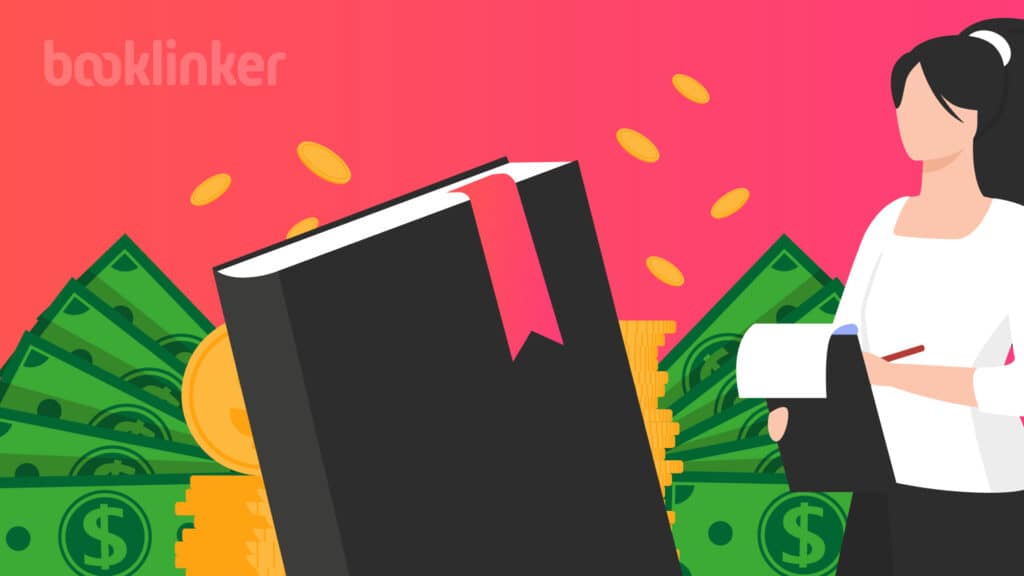
If you’re a first-time or beginner author, it’s completely natural to wonder just how much money it will cost to publish a book.
This is a difficult question to answer due to all the different variables involved, but we’ve teamed up with Ruth L. Snyder, a best-selling Christian author and author consultant to discuss all the factors that play a role in book publishing costs.
Based on our discussion, the short answer is that you can expect it to cost authors anywhere between $5,000 and $10,000 to publish a book.
If you’d like to see how we came up with that range, then keep reading!
Table of Contents

Key Takeaways
- Cost Factors: The costs of publishing a book varying widely depending on the book’s genre, length, and the services required, such as editing and cover design.
- Importance of Professional Editing and Design: Investing in professional editing and compelling cover design is essential, as these are key to ensuring the quality and appeal of the book to potential readers.
- Navigating Additional Publishing Expenses: Authors need to budget for a variety of additional costs, including software, legal fees, and marketing expenses, which are integral to the self-publishing process.

Free Universal Book Links
- Boost international sales by geotargeting readers
- Book store links update automatically based on availability
- Advanced marketing analytics
- Increase clicks with trusted links
What Factors Go Into the Total Cost?
Tip!
- Authors have to consider many factors when calculating the cost to publish a book.
Authors have to consider many factors when calculating the cost to publish a book.
First off, not all books are created equal.
A book’s genre, length, and target audience can all affect its publishing cost.
Publishing a 32-page children’s book will not cost the same as a 300-page romance novel.
The main publishing expense categories are:
- Author software costs
- Editing costs
- Illustrations and image costs
- Formatting costs
- Book marketing costs
Keep reading to take a closer look at the breakdown of each expense category, so you can get a better idea of what it would cost to publish your book.
Author Software Costs - ~$250
The first category of costs we’ll look at is the cost of software. There are many software options available for authors, that help make the book writing and publishing process more manageable.
You can get away with zero costs in this department, but it’s not the right mindset to have as an author.
These tools save time and help you make more money.
We’ll jump into some different popular types of author software below, along with free and paid versions where we can.
Word Processors
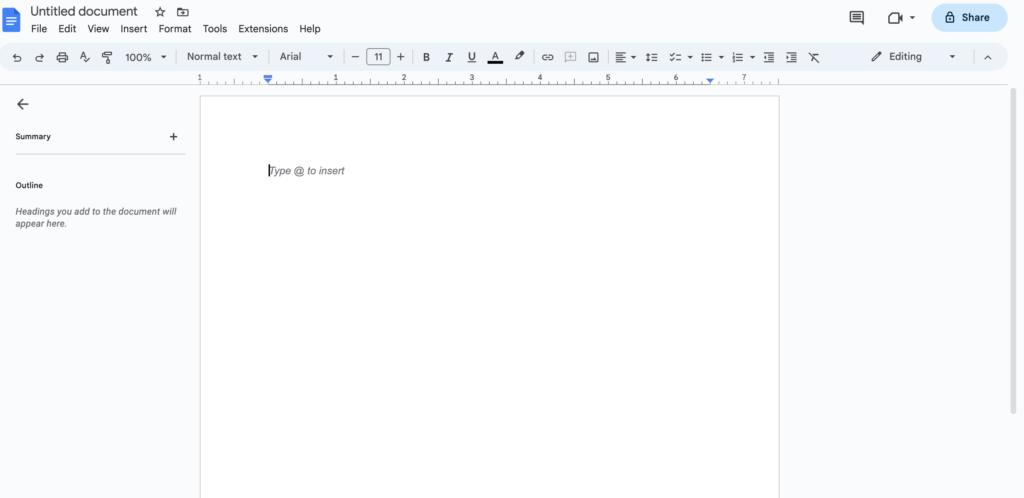
The first type of software Ruth recommends is a word processor. This is where you will be writing your book.
At the free level, options such as Google Docs, Microsoft Word, or Pages can all work and are free.
If you’re willing to spend a bit to save time and gain more tools for organizing and writing your book (especially helpful for fiction writers), consider Scrivener ($49).
Note Taking Apps
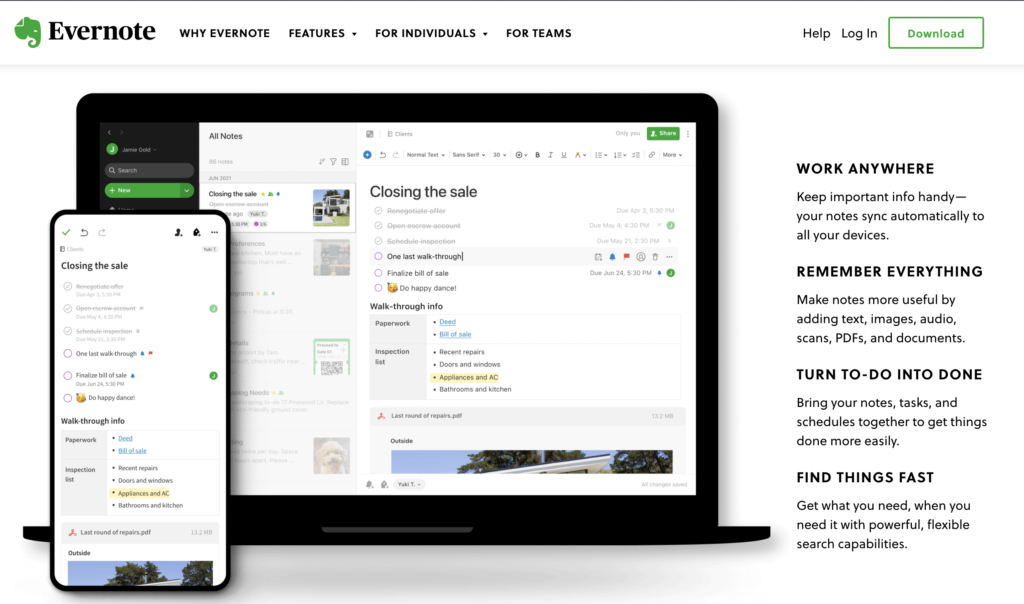
When it comes to writing, inspiration can strike at any moment.
That’s why Ruth recommends her clients carry notebooks around with them everywhere they go.
Software that can function as a notepad includes the Notes application on computers and phones.
Optional paid tools Ruth suggested include:
All these services sync up with all of your devices, meaning you can use your phone, tablet, or computer to pick up writing right where you left off.
Grammar Tools
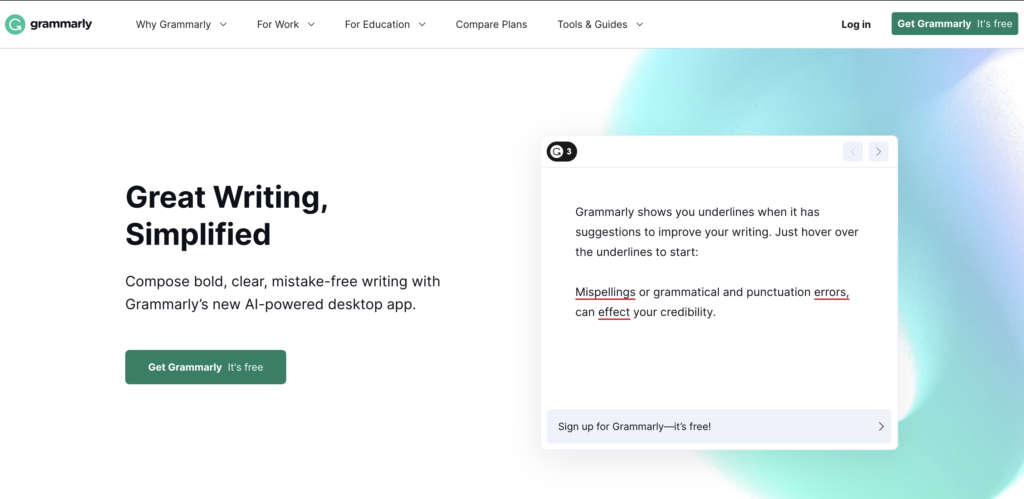
In addition to writing and note-taking, some authors use grammar and spelling aids.
For grammar and spelling author software tools, Ruth recommends Pro-Writing Aid ($60 per year) or Grammarly ($15 per month).
These tools do not replace an editor but are a smart choice for all authors.
Market Research Tools
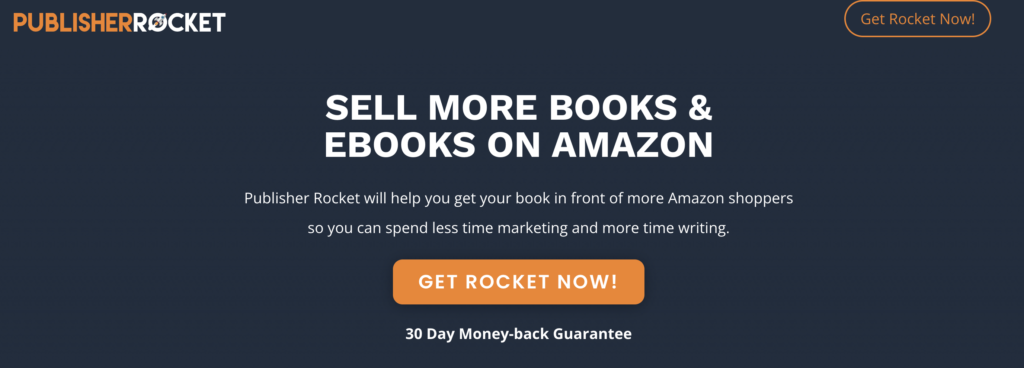
A market research software Ruth uses often is Publisher Rocket ($97).
Publisher Rocket helps you research book categories and keywords to find out what’s selling on Amazon and what niches are popular.
You can write an excellent book but if it’s not something that people are looking for, it won’t sell well.
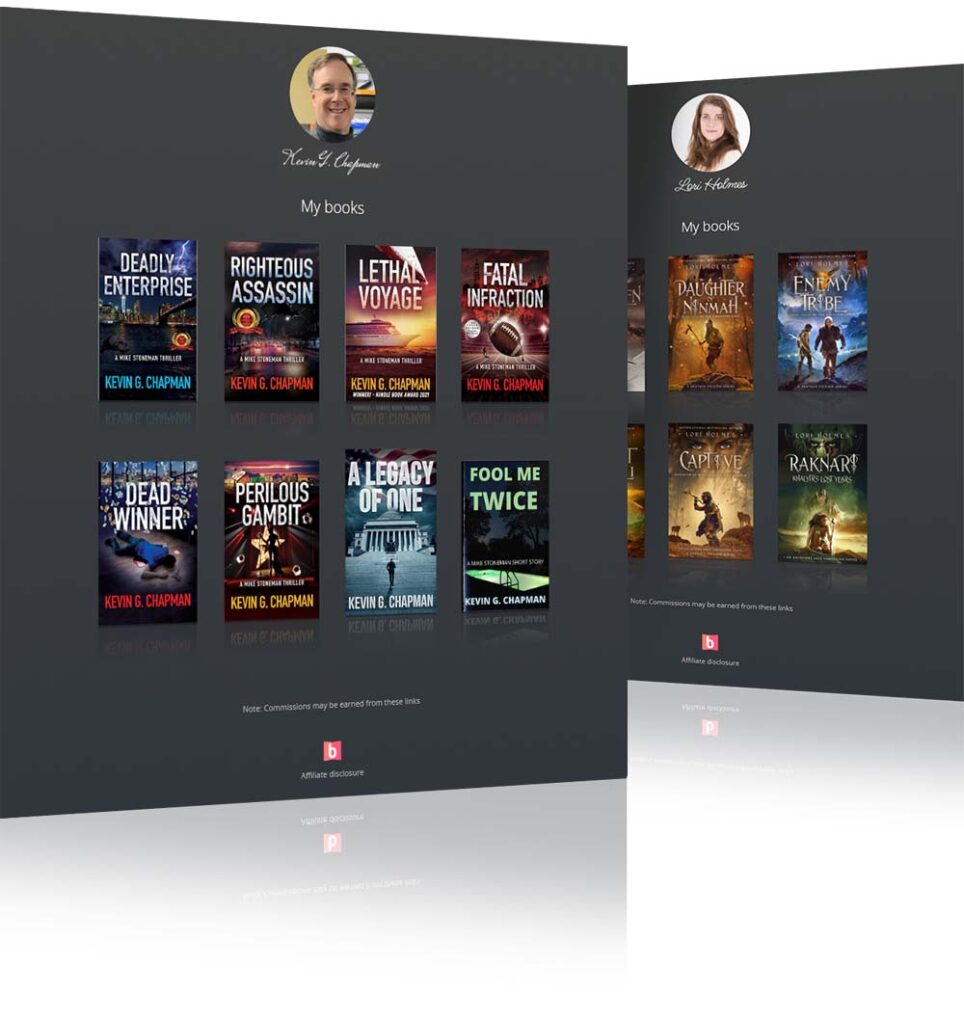
Introducing:
Booklinker Collections
One landing page for all your books. 100% free.
One link for easy sharing of your books across your backmatter, websites, emails, and social media.
Editing Costs - Variable
Editing is a significant step in the writing process.
Here’s what Ruth had to say about the importance of hiring an editor:
“I have talked to writers who have published their book without working with an editor, and I don't think I've talked to anybody that does not regret doing that.”
In other words, it’s essential to have your book reviewed by a professional editor before publishing it. But how much does editing cost? Editing costs depend on the type of editing needed. The types of editing that authors typically need are:
- Editorial Assessment
- Developmental Editing
- Copy or Line Editing
- Proofreading
Editorial assessment and developmental editing are geared towards new authors to help iron out their book’s general ideas.
These are the big items like plot, pacing, character development and world-building. Line editing requires the editor to check line-by-line for errors in a careful editing process.
Proofreading occurs last, once the book is finished and formatted, to catch any final errors. The different types of editing cost between 1.5 and 3 cents per word. As an example, at a rate of 1.9 cents/word it would cost around $1,500 for line editing or editorial assessment on an 80,000-word book.
For that same book, proofreading at 1.5 cents/word would cost $1,200 and developmental editing at 3 cents/word would cost $2,400.
It’s important to note that some authors need all four types of editing, while others only need one or two. Editing costs vary depending on an author’s writing level. Most authors need both line editing and proofreading.
Tip!
- Editing might seem expensive at first, but editors are worth their weight in gold. If you want to publish a book you can be proud of, don’t cheap out on editing costs.
Illustrations, Photography, and Images Costs ~$1700

Everyone has heard the age-old saying, “don’t judge a book by its cover.” Ironically, most readers do just that!
Tip!
- A book has about four to six seconds to capture a potential reader’s attention.
For this reason, Ruth highly recommends that authors work with professionals in this area. While some authors design their own book covers, it’s helpful to go to Fiverr or Upwork and hire freelancer illustrators.
100 Covers is a company that only does book covers and is reasonably price. Another option is to choose a book cover from 99 Designs, a graphic design company that lets authors put out a request to a variety of professional designers.
When Ruth used this service, she chose her book cover from 120 different options. The average cost for a book cover design is about $700.
It’s important to remember that illustration and image costs can vary depending on the type of book and the intricacy of the design. If you’re writing a children’s book, it makes sense to hire an illustrator where individual illustrations can cost anywhere from $100 to $150.
Another cost authors may not have thought of are professional headshots for the back of their book. Expect these to cost between $500 and $1500.

Remember, every author is different, and costs are largely dependent on preferences and the skill sets they personally have. While a headshot might make sense for some authors, others might choose to omit that cost.
Formatting Costs $0-$250
So far, we’ve covered author software costs, editing costs, and illustrations and images costs. Luckily, print and book formatting is something that authors can do on their own if they so choose. There are plenty of software options available for all budgets. Ruth provided the following examples:
- Kindle Create
- Reedsy
- Vellum ($250)
- Atticus ($150)
In addition, some publishers now accept Word or PDF documents. If you’ve already done most of the formatting on Word, you won’t have much formatting left to do if you have used the “styles” feature.
Formatting entails things like font, chapter headings, styles, drop capitals, and all the minute details that can help a book stand out. If you decide you want to go ahead and purchase a formatting author software, it can cost you anywhere from $0 to $650.
Indexing Costs $0~$400
An index is a reference sheet that points readers in the direction of a particular topic mentioned in a book.
Indexing isn’t always necessary and is predominantly used for books containing many references and details. For instance, a fiction book most likely won’t need indexing.
On the other hand, a nonfiction book containing details that people will want to refer back to will need an index.
Indexing costs an average of $400.
Legal/Tax/Business Costs ~ Variable - $100-$900
In recent years, copyrights and trademarks have become increasingly important. Most authors purchase ISBNs for their books, which stands for International Standard Book Number.
Purchasing an ISBN enables people all over the world to find your specific book.
An individual ISBN costs about $100. If you have more than one book, Bowker.com offers packages for ISBNs that can cost anywhere from $400 to $600.
You will also need an ISBN for every variation of your book. In other words, you will need separate ISBNs for the same manuscript in audiobook, ebook, and paperback form.
If you choose to self-publish rather than hire a publisher, you might consider using an imprint instead of your own name.
An imprint is a trade name used by publishing companies to publish books.
If you want to publish multiple books, it’s beneficial to design a logo for your imprint name.
It costs an average of $300 to hire someone to design your logo for you.
Or, if you’re artistically inclined you can design the logo yourself.
Why use an imprint when you can use your own name?
Imprints are advantageous because they create a distinction between the author and the author’s business. Imprints add a layer of professionalism to the business of your book.
Here’s how to create your own imprint name:
- Choose an imprint name
- Research your imprint name
- Register your imprint name
- Obtain a business license
- Obtain a sales tax permit
Many authors create imprint names when it comes to publishing. If you decide you want to create an imprint name, you should look into hiring a trademark attorney to protect your business. Trademark attorneys usually cost a minimum of $500.
We’ve covered the basics of legal costs.
But what happens when business is booming?
How can authors protect themselves and their money?
A great way to protect your business is by creating an LLC, especially if your business is making more than $50,000 per year.
Once you’ve established your own business, you’re going to have to look out for self-employment taxes.
Click here to check out what Writer’s Digest has to say about self-employment taxes for writers.
Book Marketing Costs
Let’s talk book marketing.
What can an author expect to pay in book marketing costs?
Ruth recommends that one-third of your publishing budget be set aside for marketing to pay for online advertisements.
As you’ll find out in our ultimate guide, there are so many different places for an author to spend money on marketing.
Paid channels such as Facebook Ads or Amazon Ads are going to be much more capital-intensive compared to email marketing or organic social media growth.
Ruth recommends these paid services to help get your book in front of readers:
You can also market your book by creating your own website domain and author email newsletter. If you’re not technical, you’ll likely need help with this service.
Readers can sign up for newsletter, receive annual reminders about your book, and check out your book on your website.
Conclusion
To recap:
- Author software costs (~$250)
- Editing costs (Variable ~$5000 for a 80,000-word book)
- Illustrations and images costs (~$0-$1700)
- Legal costs (~$100-$900)
- Formatting costs ($0-$650)
- Book Marketing costs (Variable – Ruth recommends 1/3 of the total budget.)
Ruth estimates costs can range anywhere from $5,000-$10,000 to get a book out to the world, with editing and book marketing taking the largest chunks.
As we stated above, a book’s genre, intended audience, and word count play critical roles in its overall publishing cost. If you’re clear with your publishing goals, the expenses are worth it.
Set a budget and decide what you can hire out and what you can do yourself. As you become a more experienced author, it’s possible the cost can come down as you’ll need to spend less on fixed costs, editing, and possibly marketing.

Introducing:
Booklinker Collections
One landing page for all your books. 100% free.
One link for easy sharing of your books across your backmatter, websites, emails, and social media.
Author
-
Ruth L. Snyder is an author, speaker, writing coach, podcaster, and entrepreneur. She enjoys helping entrepreneurs write, publish, and profit from their books. Ruth figures out ways to work smarter, not harder, and then shares those tips with her clients. One of her clients says, “Ruth makes the seemingly impossible feel attainable with her easy-to-follow steps. Ruth has shared her expertise on platforms like Thrive Global, Women in Publishing, Authority Magazine, The Write Coach, The Global Interview, Christian Book Academy, and The Digital Download.
https://ruthlsnyder.com



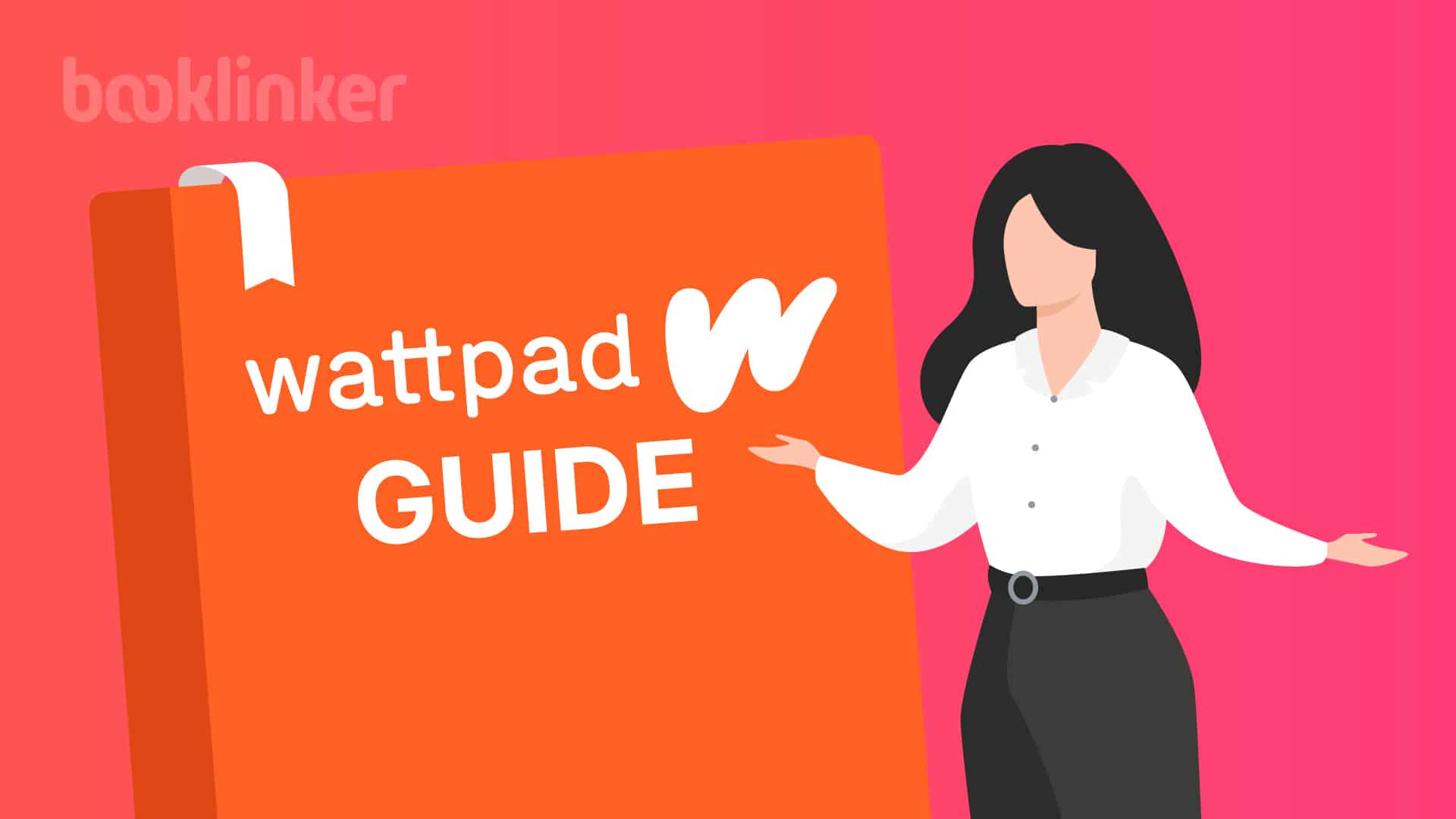
3 Responses
Hi Ruth,
As someone interested in writing a non-fiction fashion book. This information has been an eye opener. Gives me a better understanding of setup and expenses. So many questions.
Thank you very much.
Kindly,
Althea
This was a good break down. I went with a company for my book and I never realized how expensive book publishing was until after the fact. No one ever talks about this part of it. Just that they wrote one.
Great post! Very informative and well-explained. Keep up the great work!